Peru’s Boluarte Signs Amnesty Law Shielding Security Forces From Human Rights Trials
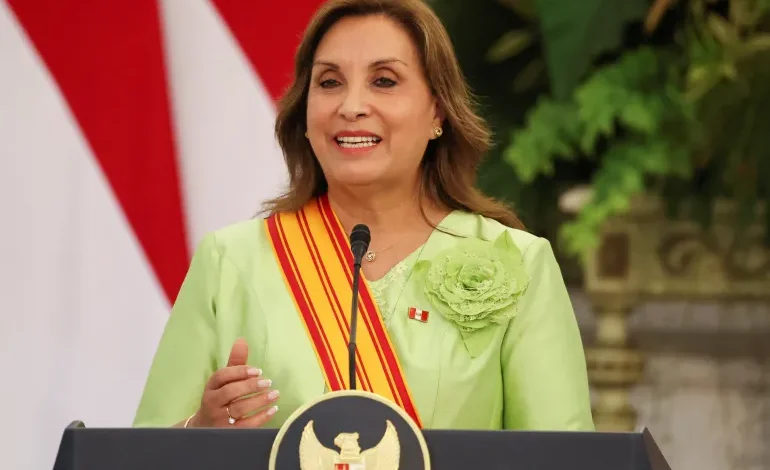
Peru’s President Dina Boluarte has signed into law a sweeping amnesty bill that protects soldiers, police and other state-backed forces from prosecution over crimes committed during the country’s bloody internal conflict.
At a signing ceremony in Lima on Wednesday, Boluarte framed the legislation as a tribute to those who fought armed insurgents from 1980 to 2000.
“This is a historic day for our country,” she said. “It brings justice and honour to those who stood up to terrorism.”
But rights groups and international observers see it very differently. They warn the law will erase decades of work toward accountability for atrocities committed by both the state and rebel groups like the Shining Path. As many as 70,000 people were killed in that 20-year war.
An estimated 600 investigations are still underway, with 156 convictions already secured. Critics fear the amnesty will derail those cases and shield accused soldiers, police officers, and members of local “self-defence” committees from facing justice. The law also offers amnesty on “humanitarian” grounds to anyone over 70 who has already been convicted.
The move directly defies international rulings. Peru falls under the Inter-American Court of Human Rights, which last month ordered the country to suspend the law immediately, calling it a breach of international law. In the past, the same court struck down a 1995 Peruvian amnesty that sought to protect state forces from prosecution.
Nine UN experts have also condemned the measure, calling it a “clear breach” of Peru’s obligations under international law.
Boluarte, however, brushed off the criticism. “Peru is honouring its defenders and firmly rejecting any internal or external interference,” she said. “We cannot allow history to be distorted, for perpetrators to pretend to be victims, and for the true defenders of the homeland to be branded as enemies of the nation they swore to protect.”
But Peru’s armed forces have a long record of abuses. According to the country’s Truth and Reconciliation Commission and Amnesty International, they were responsible for 37 percent of deaths and disappearances, 75 percent of torture cases, and more than 80 percent of sexual violence during the conflict.
Just last year, 10 soldiers were convicted for systematically raping Indigenous and rural women and girls. Survivors like Francisco Ochoa, who lived through the 1985 Accomarca massacre as a teenager, continue to speak out. Ochoa recalled how soldiers rounded up villagers, locked them inside huts, and set them on fire — despite no evidence of rebel ties.
For survivors, the new law feels like history repeating itself: another shield for perpetrators, and another denial of justice.
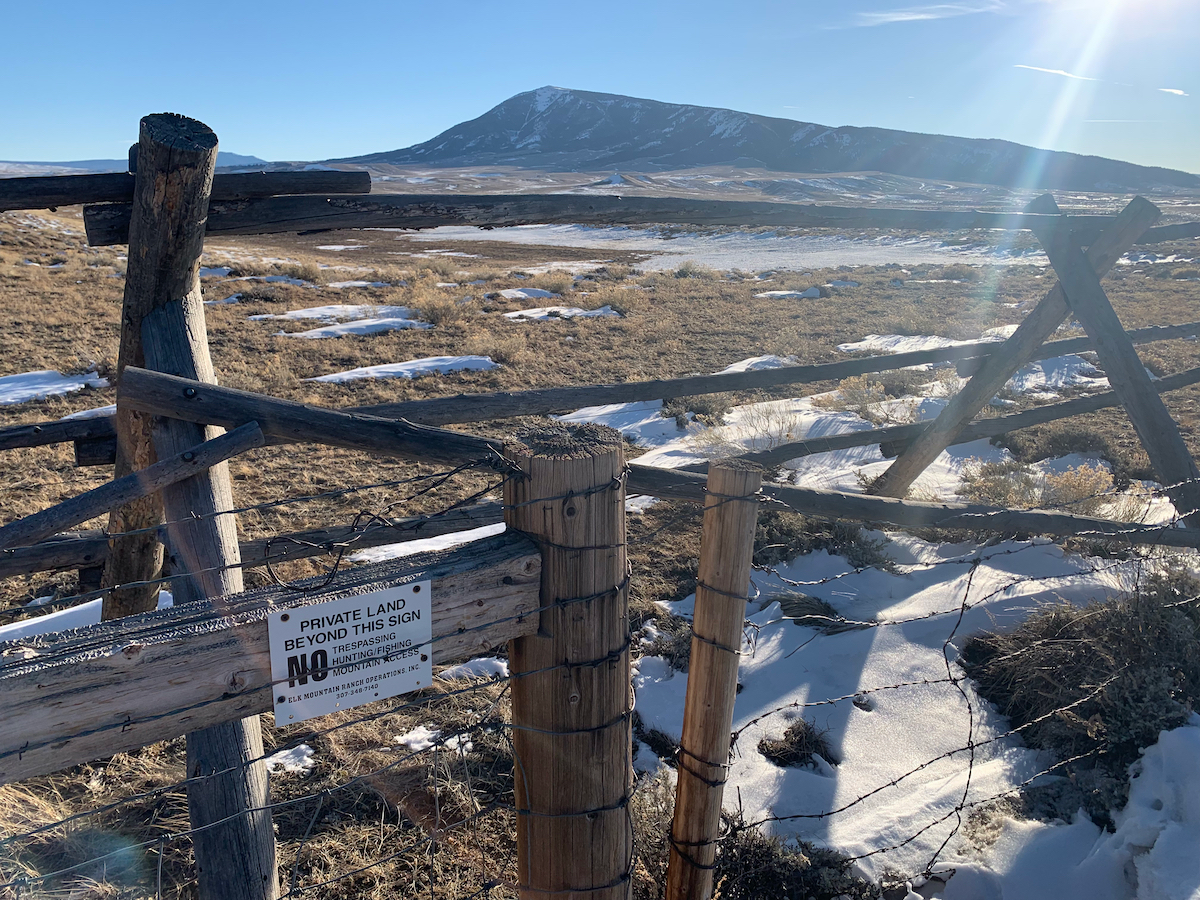
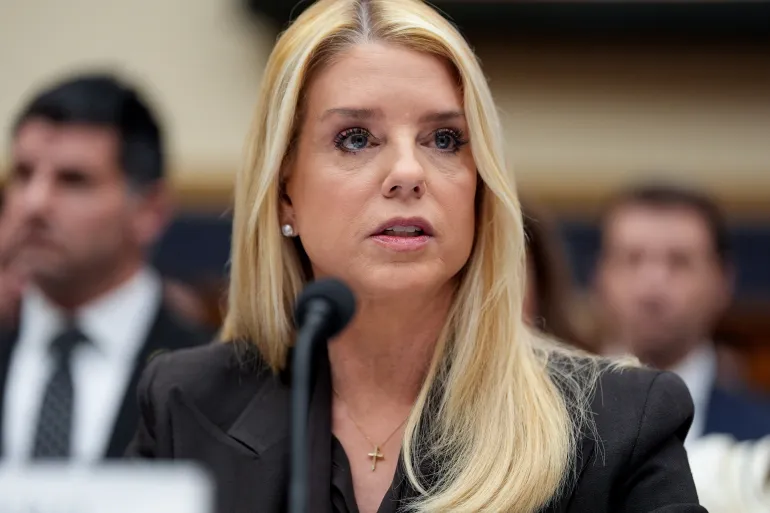
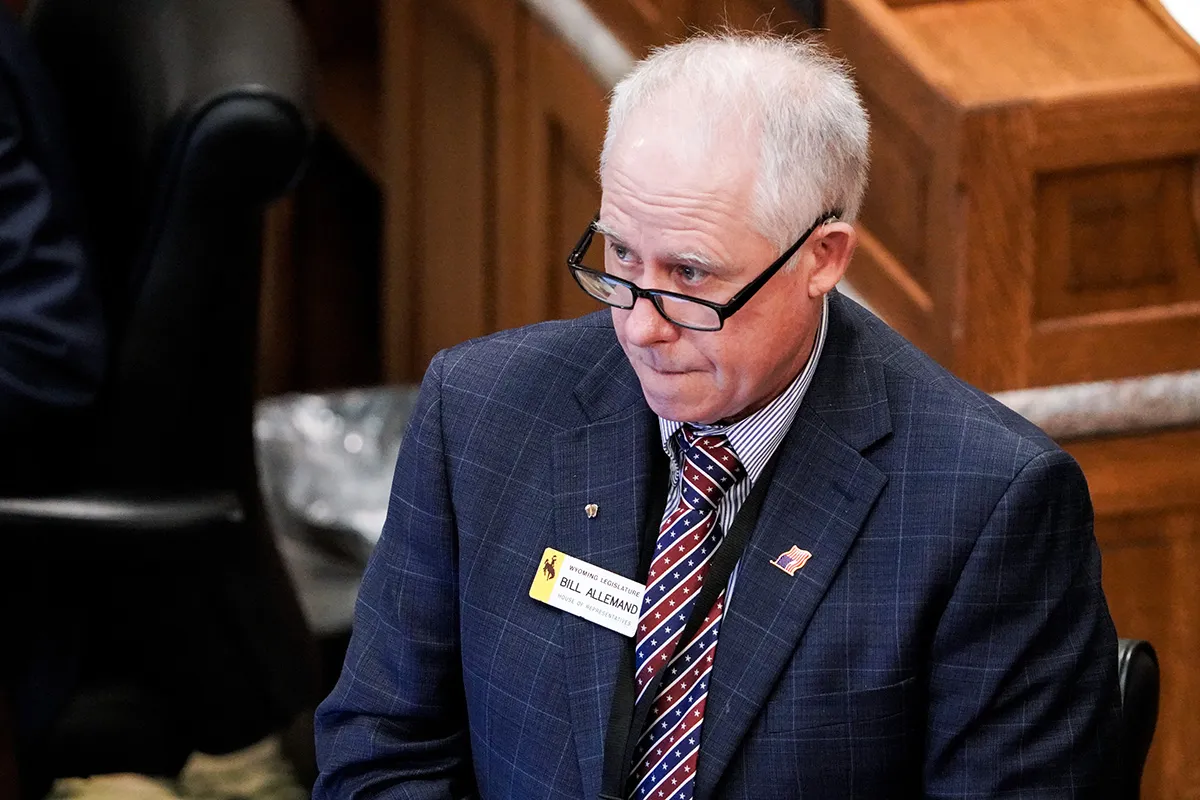

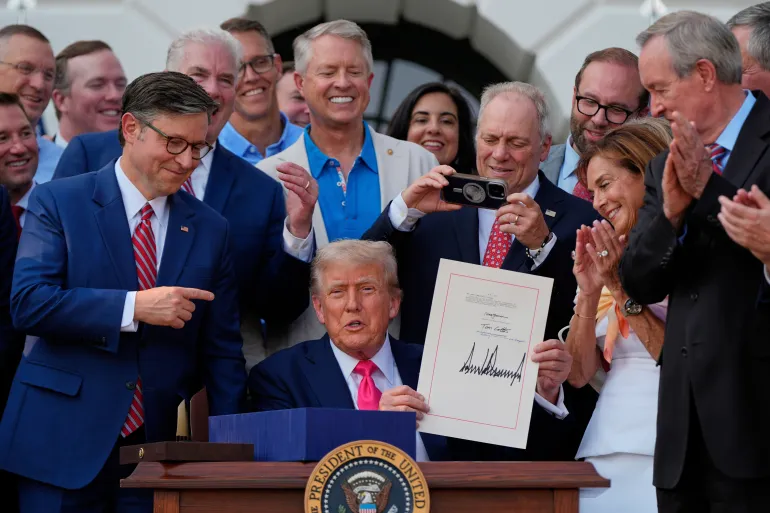




The latest news in your social feeds
Subscribe to our social media platforms to stay tuned